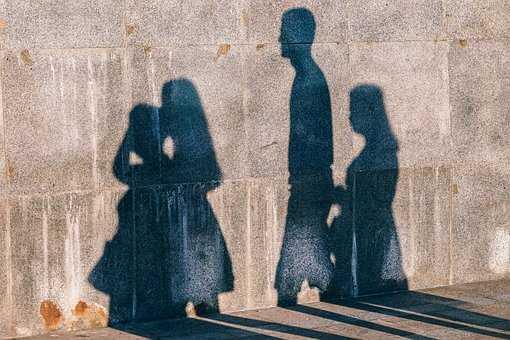What if We Could Live for a Million Years?
Curated from: scientificamerican.com
Ideas, facts & insights covering these topics:
4 ideas
·600 reads
2
Explore the World's Best Ideas
Join today and uncover 100+ curated journeys from 50+ topics. Unlock access to our mobile app with extensive features.
The Risks Of A Life Spanning Centuries
With the rapid advancement in bioscience and technology, it is likely that most ailments will be cured in the future and our life span would increase considerably.
With increased lifespans, there are new challenges that would need to be overcome. One could plan ahead and accomplish tasks that would take decades or centuries, unlike our current mindset of relatively short-term goals. An extended period of existence would make us wiser and afraid of taking risks.
21
196 reads
The Challenges of The Future
As the human life span increases to span centuries, the planetary environment, along with the collaboration and cooperation among nations would come to the forefront, as hostile people and chronic pollution are extremely dangerous in the long run.
While our survival would still not be a guarantee, there will be a new challenge of overpopulation, which could be moderated by sending people into space to colonize other places, and by limiting the birth rate.
24
142 reads
The Long Journey
As inter-galaxy travel becomes a reality, there could be many spaceships which would be able to take us to nearby habitable solar systems, setting up for new adventures, challenges and a completely radical lifestyle.
The changes in Earth’s biosphere could also be a concern, as new technologies and constant harvesting of resources (like deforestation) can lead to dangerous environmental changes.
21
129 reads
The Future On Earth: The Long-Term Perspective
When we look at the problems we may face if we live a million years, we start to realize that the current problems and concerns are nothing when compared to the long-term perspective of our planet and the universe which we inhabit.
The constant injury humans cause to our home planet would seem childish and stupid, when seen alongside the larger picture of where we are in the universe.
21
133 reads
IDEAS CURATED BY
Olivia Lambert's ideas are part of this journey:
Learn more about personaldevelopment with this collection
How to use storytelling to connect with others
The psychology behind storytelling
How to craft compelling stories
Related collections
Similar ideas
3 ideas
Why Do People Avoid Facts That Could Help Them?
scientificamerican.com
4 ideas
We Learn Faster When We Aren’t Told What Choices to Make
scientificamerican.com
3 ideas
We Need to Do More Research on Honesty
scientificamerican.com
Read & Learn
20x Faster
without
deepstash
with
deepstash
with
deepstash
Personalized microlearning
—
100+ Learning Journeys
—
Access to 200,000+ ideas
—
Access to the mobile app
—
Unlimited idea saving
—
—
Unlimited history
—
—
Unlimited listening to ideas
—
—
Downloading & offline access
—
—
Supercharge your mind with one idea per day
Enter your email and spend 1 minute every day to learn something new.
I agree to receive email updates

